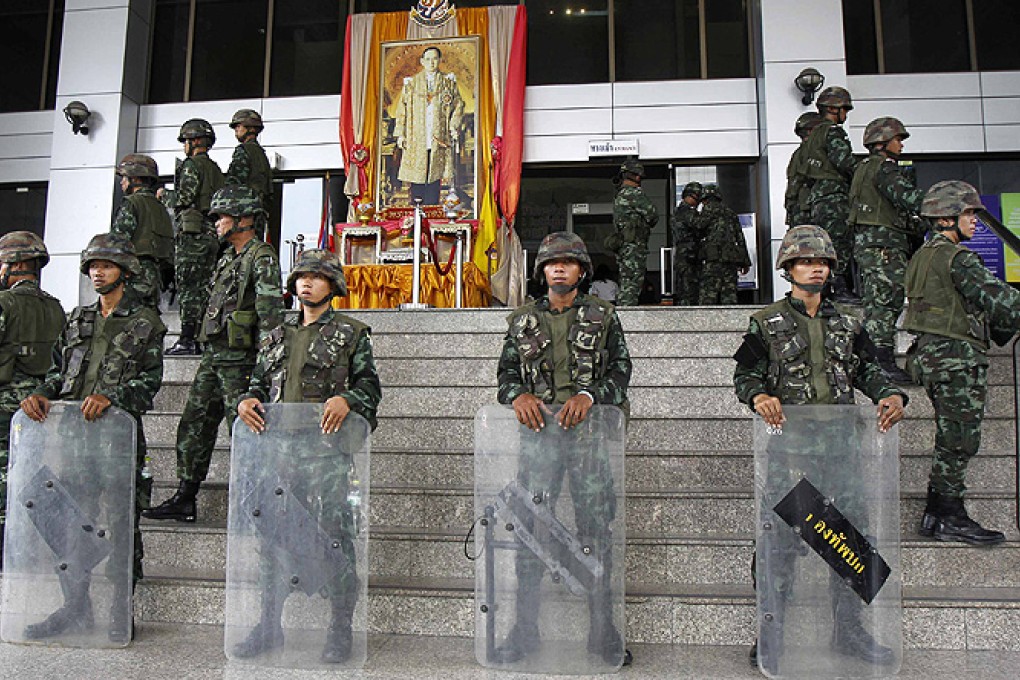Thailand’s army was just biding its time under pro-Thaksin rule
Mark Thompson says coup could signal the start of a bloody suppression

While international condemnation of last Thursday's military coup in Thailand has been strong, it is often assumed that the military had to act to break an intractable deadlock in Thai politics. But the military has never been neutral in the fight between the upstart former prime minister Thaksin Shinawatra and the traditional elite in big business, the bureaucracy, the courts and the monarchy.
The coup-maker-in-chief, army head Prayuth Chan-ocha, is a staunch royalist who served in an elite infantry unit known as the Queen's Guard. He has well-known links with other key members of this elite unit, former defence minister General Prawit Wongsuwan and ex-army commander General Anupong Paochinda.
Prawit and Anupong were said to have helped plan the crackdown on the pro-Thaksin "red-shirt" protests in mid-2010 that left nearly 100 dead. They are also widely believed to have close ties to the People's Democratic Reform Committee that has led the anti-government protests in Bangkok over the past six months.
This is the third military intervention since Thaksin won an overwhelming electoral victory in 2001, thanks to his pro-poor campaign promises. A coup in 2006 was unable to stop pro-Thaksin forces from winning elections the following year. Undeterred, the army stepped in again to force a change of government, this time behind the scenes in late 2008 after the occupation of Bangkok's international airport by anti-Thaksin forces.
Thaksin's party easily won elections in 2011 despite Prayuth's public warning to vote only for "good people". The new government of Yingluck Shinawatra, Thaksin's sister, was careful not to antagonise the military. But Prayuth appears to have just been biding his time.
An effort to grant Thaksin amnesty from a corruption conviction sparked large street protests that began late last year. When that failed to unseat the government, which called elections instead, the polls were nullified by anti-government courts, which also unseated Yingluck as prime minister on a flimsy charge this month.